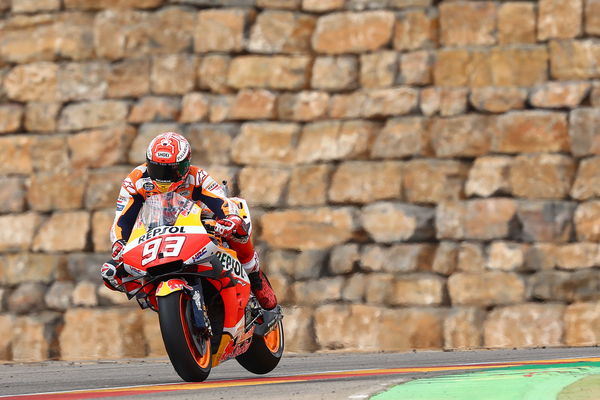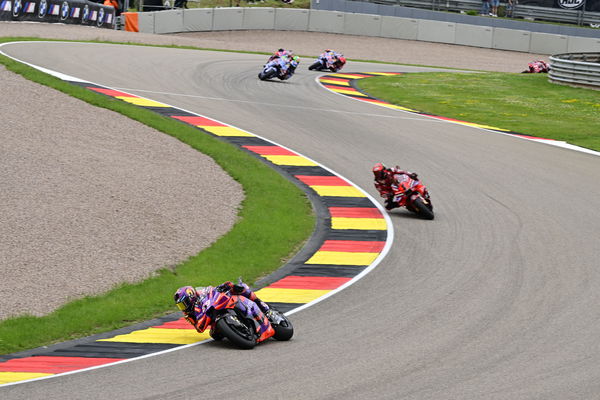E10 fuel: Worse fuel consumption, worse performance?
We asked Visordown's social media following for its opinions on and experiences of E10 fuel and its effects on their respective motorcycles.
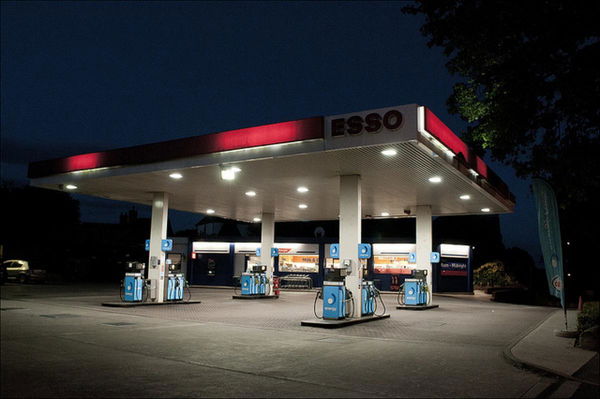
We asked our audience to share their experiences with E10 fuel, to understand if it was a popular choice among bikers, to understand the positive and negative points of the fuel, and whether those differed bike-to-bike, rider-to-rider.
For those unaware, E10 fuel is fuel with up to 10% ethanol. It can be misunderstood, sometimes, as meaning precisely 10% ethanol, but this is not the case. Similarly, E5 fuel is up to 5% ethanol.
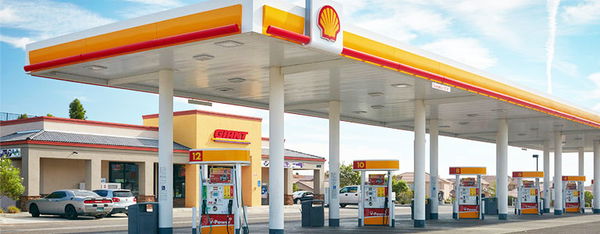
In September 2021, the standard ethanol rating for unleaded petrol in the UK rose from E5 to E10, and so it has come into wider use at the pumps. Therefore, its effects are felt by more people.
The responses we received on social media were a mix of positive and negative experiences, with some finding that there was no difference for them using E10 compared to E5, while others felt it changed the way their motorcycle performed - usually in a negative way - and/or increased their fuel consumption.
For example, Iain Wilson wrote: “My 2017 [Honda] VFR1200X runs okay on it but I have noticed that MPG is worse and it's slightly less responsive than when using E5 Super Unleaded (in the UK) but that's more likely to be because of the higher octane rating.”
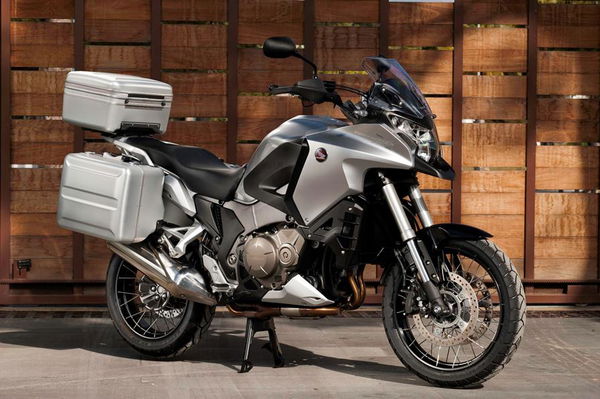
In comparison, other countries have different octane levels in their unleaded petrol. For example, France’s octane rating for its E10 fuel is 95, compared to 97 in the UK.
Wilson said he noticed “little difference” in performance or fuel consumption between France’s 95-rated E10 fuel compared to their E5 fuel, which has the same octane rating.
In comparison to Iain Wilson’s experience with E10, Mark Mitchell said that he gets “around 20 miles more on E5 before I hit reserve compared to E10,” on his 2004 Triumph T100.
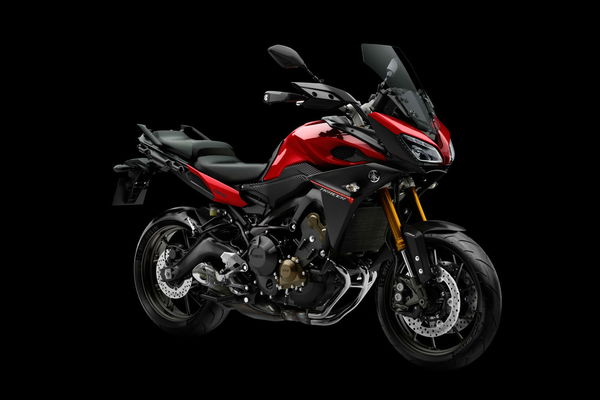
Simon Long had a similar experience, too. He said he gets “10% less on a tank compared to the standard E5 we had before,” with his 2016 Yamaha MT-09 Tracer.
Adrian Moore’s 2001 CBR 929 “runs great on E5, but hates E10 with a passion,” he said. Moore said that his bike also runs two-degrees warmer with E10 compared to E5. “I only use E10 if E5 isn’t available, and even then only enough to get me to an E5 pump,” Moore said.
Tamzin Beauchamp was more straightforward with her take. “Never ever using [E10] again,” she wrote. “One full tank of E10 in my [1999 Suzuki] Bandit and it now runs like a bag of spanners.”
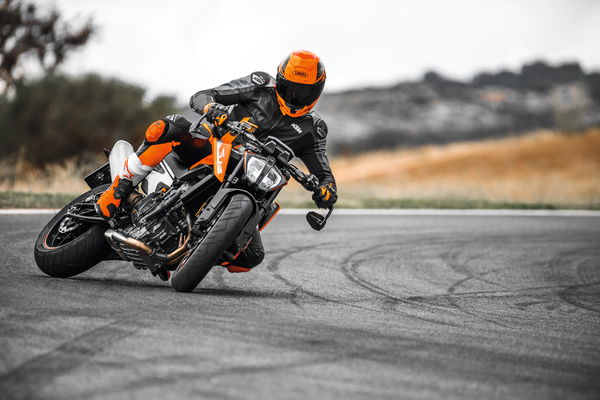
Some newer bikes seemed to get on better with E10. Charlie Constant said his “2021 KTM 1290 runs fine on E10 or E5. Not noticed any range difference,” he said. Similarly, E10 makes “absolutely no difference whatsoever” to the 2019 Aprilia Tuono V4 of David Jenkins, he wrote.
But, it is not necessarily a case of newer bikes simply work better with E10. Stuart Holt, for example, wrote that his 2020 Suzuki Burgman 400 gets between seven and nine miles per gallon more out of E5 fuel than E10. “[That] makes a big difference with the cost of fuel these days,” he said.
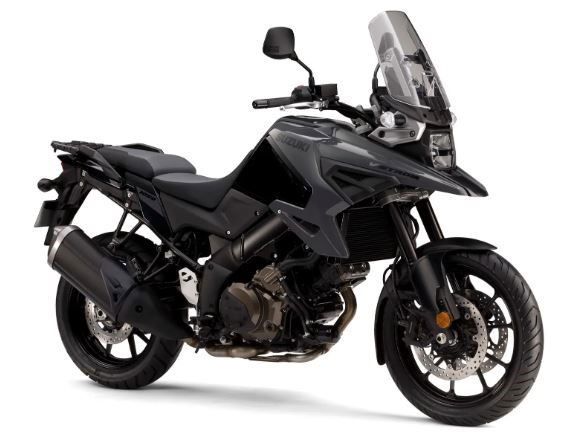
Furthermore, the 2018 Suzuki V-Strom 1000 of Chris Hesketh “has 10-15mpg less, lumpy and bogged power response,” with E10, he said. “I’ll stick with E5,” he added.
So, the responses are mixed, but with little doubt the consensus is that E10 makes your motorcycle thirstier, and can also have a negative impact on its performance.
If you have also had a particularly positive or negative experience with E10 fuel, let us know on our social channels.
